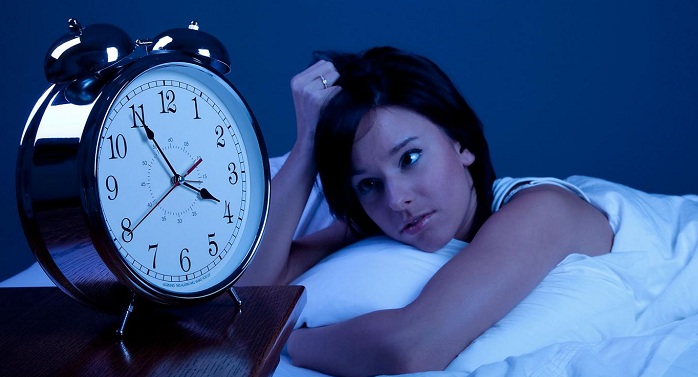When the volunteers’ sleep was restricted they were found to eat twice as much fat in the form of snacks as they did when sleeping normally. Smoking cannabis is known to trigger a similar appetite boost known as “the munchies”.
Writing in the journal Sleep, the researchers claimed the volunteers’ showed raised levels of a cannabis-like brain chemical named 2-AG when sleep deprived.
The effects of 2-AG are usually suppressed overnight, but with the presence of higher levels of 2-AG the volunteers self-reported hunger and a strong desire to eat.
Dr Erin Hanlon, from the University of Chicago, said: "We found that sleep restriction boosts a signal that may increase the hedonic aspect of food intake, the pleasure and satisfaction gained from eating.”
The volunteers ate more than 300 extra calories when they were sleep deprived, he said, but warned: "Over time, that can cause significant weight gain."
More about:
















































